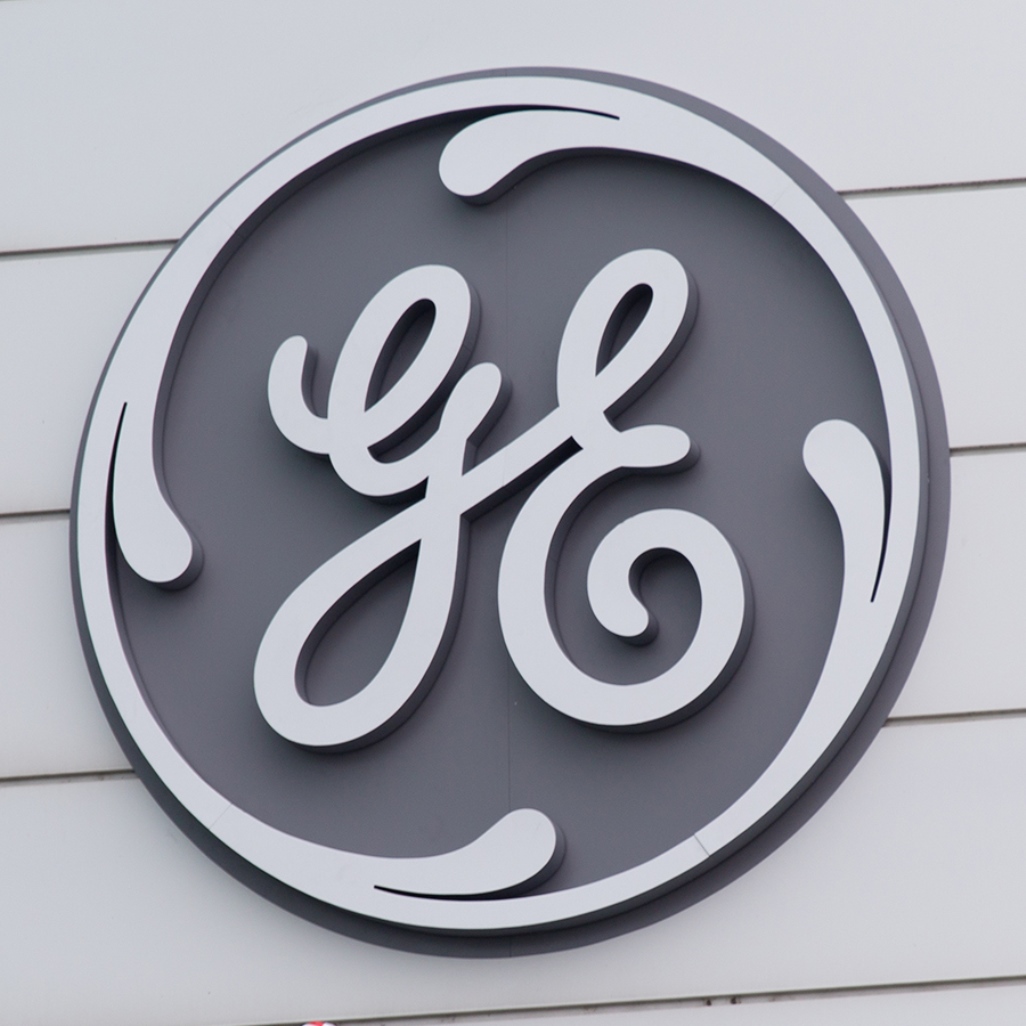Industrials
Why GE's Dow Jones Industrial Average Removal May Be Biggest Buy Sign Ever

Published:
Last Updated:

The Dow Jones industrial average (DJIA) is possibly one of the most followed stock indices around the world. It is used by many investors, market analysts, traders and other professional money managers as a performance measure for the entire stock market. The index was launched in 1896 by Charles Dow and was designed to mimic the health of the overall U.S. economy with one number. Today it is composed of 30 stocks that trade on either the New York Stock Exchange (NYSE) or Nasdaq.
Inclusion in the venerable index has often been considered a huge status symbol for a company, but one thing that history has proven over the years is that removal from the index is not necessarily a death sentence for a company. In fact, it often means that the stock has low ticked and can only go higher.
General Electric Co. (NYSE: GE) was one of the longest-tenured members of the DJIA, and it was removed from the index this week after over a hundred years as a member. In fact, GE was the last original member of the index, and will be replaced by Walgreens Boots Alliance.
The question is, as with so many other companies that were removed, is this the biggest buy signal in the world for investors? We found four other top companies that were removed at or near trading lows and that have thrived since their removal.
Alcoa Corp. (NYSE: AA) was booted from the DJIA, along with Bank of America and Hewlett-Packard, on September 11, 2013. The main reasons for Alcoa’s eviction at the time were its low stock price and the company’s diminishing role in an economy that had moved away from heavy manufacturing. Also, Alcoa’s market value of $8.5 billion then was easily the lowest among DJIA companies. Alcoa closed this past Wednesday at $45.36. The stock closed at $18.42 the day it was removed from the index.
American International Group Inc. (NYSE: AIG) was only a DJIA member for four years when it was removed on September 22, 2008. In an ironical twist, AIG was replaced with Kraft Foods, which only lasted about four years on the index. AIG was removed during the credit and mortgage crisis and was ejected after the government propped up the insurer with stimulus funds. The shares closed most recently at $55.43.
Citigroup Inc. (NYSE: C) is one of the world’s largest financial institutions, and it was removed from the index on June 8, 2009. The stock price plunged during the mortgage credit crisis, dropping nearly 85% from January 2008 to May 2009 and losing over $100 billion in valuation from 2006 to 2009. The shares closed trading Wednesday at $67.41. It was trading under $30 when it was removed.
General Motors Inc. (NYSE: GM) was removed from the Dow on June 8, 2009. The decision was mandatory as GM had filed for bankruptcy protection in the days prior. When the announcement was made, the stock had fallen around 77% in 2009 and 87% in 2008, which was the year that GM was crowned as the worst performing stock in the Dow. The company entered the DJIA in 1915. General Motors maintained the second-longest streak for a stock in the index, behind General Electric. General Motors closed Wednesday at $42.28.
Other top companies like AT&T (NYSE: T) and Honeywell International Inc. (NYSE: HON) also have been removed and then thrived after their dismissal. As was the case with GM, sometimes the index is forced to remove a company over a bankruptcy, but often it is just the case of a company or sector falling horribly out of favor or a financial crisis crippling a company temporarily.
One thing is for sure, removal from the DJIA does not mean the end for a company, and it very well signal a buying low for General Electric. Now with that in mind, the road back could take years, and it’s a decent bet that the company may have to totally do away with the dividend, which could translate into another wave of selling. That could be the time to consider buying some shares.
Are you ahead, or behind on retirement? For families with more than $500,000 saved for retirement, finding a financial advisor who puts your interest first can be the difference, and today it’s easier than ever. SmartAsset’s free tool matches you with up to three fiduciary financial advisors who serve your area in minutes. Each advisor has been carefully vetted and must act in your best interests. Start your search now.
If you’ve saved and built a substantial nest egg for you and your family, don’t delay; get started right here and help your retirement dreams become a retirement reality.
Thank you for reading! Have some feedback for us?
Contact the 24/7 Wall St. editorial team.